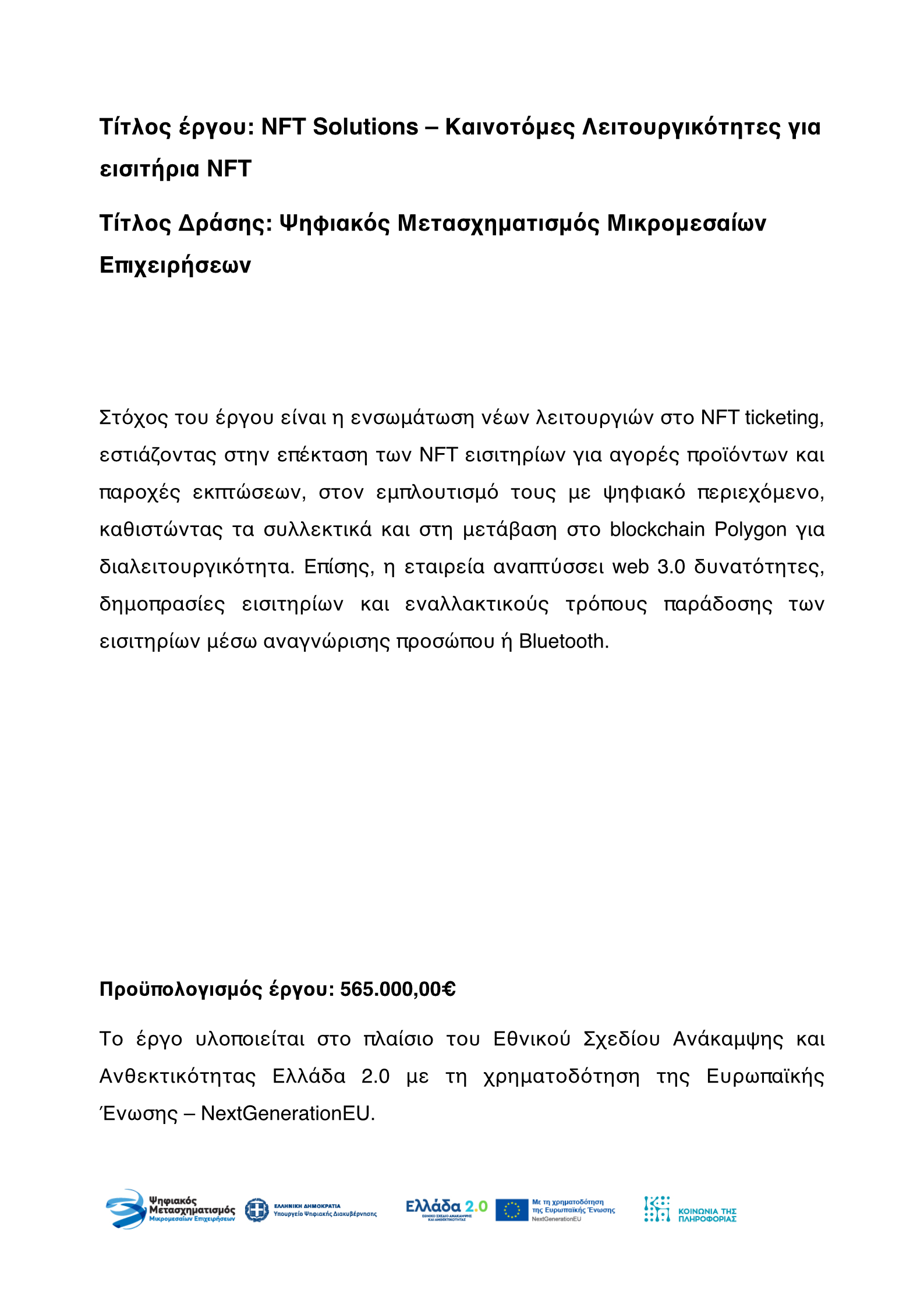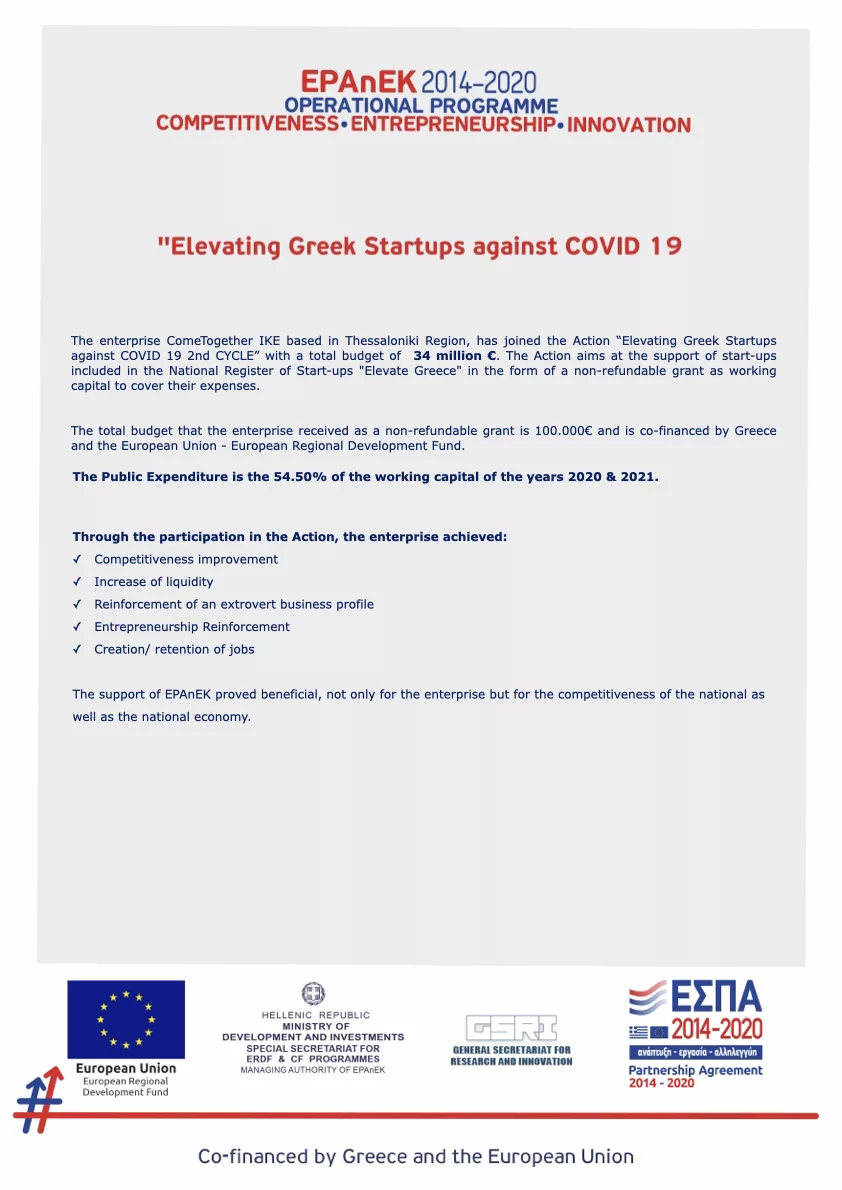In the ever-evolving landscape of events and entertainment, a new player has emerged, promising to revolutionize the way we think about ticketing: Non-Fungible Tokens (NFTs). What started as a niche digital collectible has rapidly expanded into various industries, with the world of events and entertainment being no exception. Beyond the initial hype, NFT ticketing holds the potential to address longstanding issues such as counterfeit tickets, improve fan engagement, and unlock new revenue streams for organizers. Let’s delve into how NFT ticketing is reshaping the game.
Beyond the Hype: How NFT Ticketing Is Changing the Game for Events and Entertainment
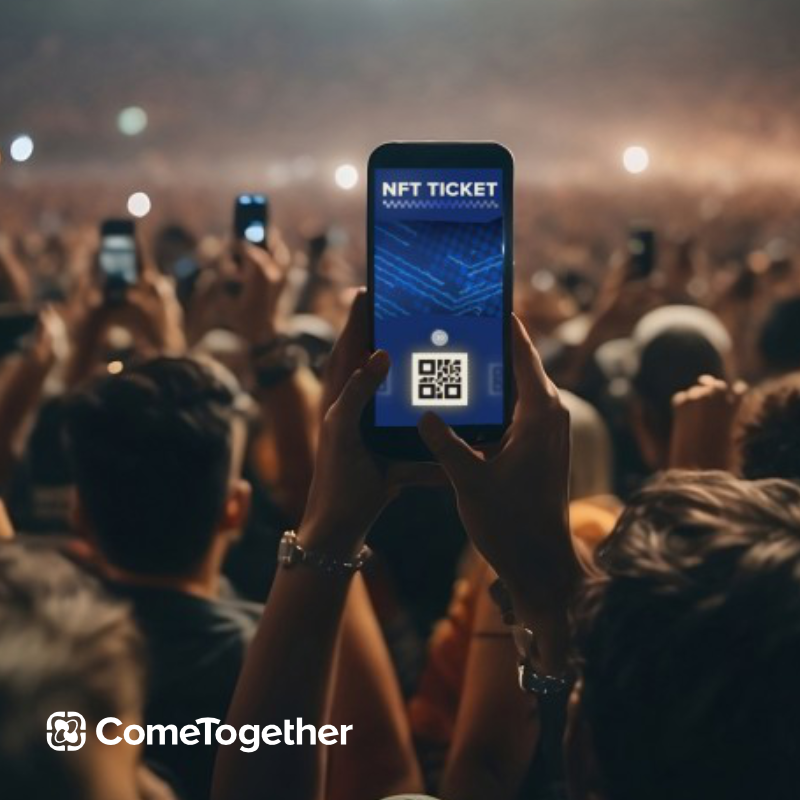
Protection from counterfeit tickets
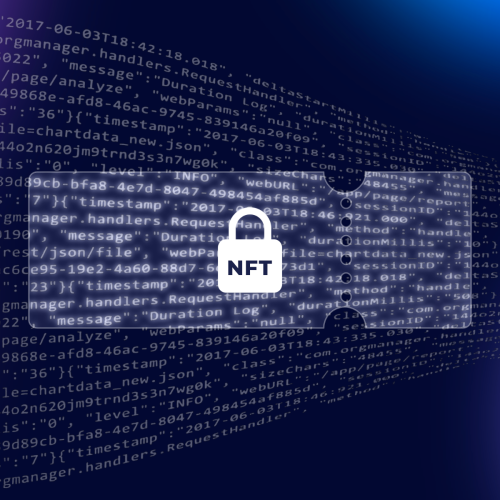
NFTs provide an innovative solution to the age-old problem of counterfeit tickets. Traditional paper or digital tickets are prone to duplication and fraud, leading to revenue loss for event organizers and frustration for attendees. By leveraging blockchain technology, NFT ticketing offers a secure and immutable method of ticket issuance and verification. Each NFT ticket is unique and cannot be replicated, ensuring authenticity and eliminating the risk of fraud. This not only safeguards the interests of organizers but also enhances the overall ticketing experience for attendees, instilling confidence and peace of mind.
Increase fan engagement
NFT ticketing opens up new possibilities for fan engagement and interaction. Unlike conventional tickets, which are often discarded after use, NFT tickets can be imbued with additional functionalities and perks. For instance, organizers can attach exclusive content, backstage access, or VIP privileges to NFT tickets, incentivizing fans to collect and cherish them beyond the event itself. This gamification aspect not only cultivates a sense of exclusivity but also fosters a stronger bond between organizers and attendees, turning each ticket into a valuable keepsake.
New revenue streams
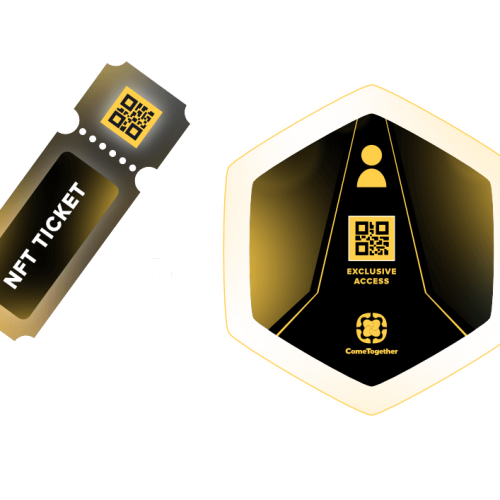
NFT ticketing introduces novel revenue streams for event organizers through secondary markets. Once purchased, NFT tickets can be freely traded on compatible platforms, allowing for peer-to-peer resale. This presents an opportunity for organizers to earn royalties on ticket resales, capturing a portion of the value generated in the secondary market. Additionally, by embracing NFTs, organizers can explore innovative monetization models such as fractional ownership and tokenized experiences, further diversifying their revenue streams and maximizing the economic potential of their events.
Considerations
While the potential of NFT ticketing is promising, challenges and considerations remain. One of the primary concerns is accessibility, as not all potential attendees may be familiar with blockchain technology or possess the necessary tools to participate in NFT ticketing. Addressing this hurdle requires education and user-friendly interfaces to onboard users seamlessly. Moreover, the environmental impact of blockchain, particularly in terms of energy consumption, is a pressing issue that necessitates sustainable solutions and advancements in eco-friendly blockchain protocols.
Conclusion
NFT ticketing represents a paradigm shift in the events and entertainment industry, offering a secure, engaging, and monetizable alternative to traditional ticketing methods. By leveraging blockchain technology, organizers can combat counterfeit tickets, enhance fan engagement, and unlock new revenue streams. However, realizing the full potential of NFT ticketing requires addressing challenges such as accessibility and sustainability. Nevertheless, the trajectory is clear: NFT ticketing is here to stay, reshaping the game for events and entertainment in the digital age.
Table of contents:
- Introduction
- The Emergence of NFT Ticketing
- Overview of NFTs in Events and Entertainment
- Protection from counterfeit tickets
- The Problem with Traditional Ticketing
- Leveraging Blockchain for Security
- Ensuring Authenticity and Confidence
- Increase fan engagement
- Beyond Ticketing: Enhancing the Experience
- Exclusive Content and Perks
- Building a Stronger Connection with Fans
- New revenue streams
- Exploring Secondary Markets
- Royalties and Value Capture
- Innovative Monetization Models
- Considerations
- Accessibility for All Attendees
- Environmental Impact and Sustainability
- Addressing Hurdles for Wider Adoption
- Conclusion
- NFT Ticketing: A Paradigm Shift
- Realizing the Potential
- Embracing the Future of Events and Entertainment
- FAQs
FAQs
What exactly is an NFT?
NFT stands for Non-Fungible Token. Unlike cryptocurrencies such as Bitcoin or Ethereum, which are interchangeable and hold the same value, NFTs are unique digital assets stored on a blockchain, representing ownership of a specific item or piece of content.
How does NFT ticketing work?
NFT ticketing leverages blockchain technology to issue unique digital tickets for events and entertainment. Each NFT ticket is indivisible and cannot be replicated, ensuring authenticity and eliminating the risk of counterfeit tickets. Attendees purchase NFT tickets through compatible platforms and can verify their ownership securely on the blockchain.
What are the benefits of NFT ticketing over traditional ticketing methods?
NFT ticketing offers several advantages, including:
– Enhanced Security: NFT tickets are tamper-proof and immune to duplication or fraud, providing peace of mind for both organizers and attendees.
– Increased Fan Engagement: NFT tickets can be enriched with exclusive content or privileges, fostering a deeper connection between organizers and attendees.
– New Revenue Streams: Organizers can earn royalties on ticket resales in secondary markets, as well as explore innovative monetization models such as fractional ownership and tokenized experiences.
Are NFT tickets accessible to everyone?
Accessibility is a consideration in the adoption of NFT ticketing. While the technology may be unfamiliar to some, efforts are being made to provide user-friendly interfaces and educational resources to onboard users seamlessly. Additionally, organizers should ensure compatibility with a range of devices and platforms to cater to diverse audiences.
What about the environmental impact of blockchain technology?
The environmental impact of blockchain, particularly in terms of energy consumption, is a valid concern. However, strides are being made towards more sustainable blockchain protocols, and organizers should prioritize eco-friendly solutions when implementing NFT ticketing systems.
Can NFT tickets be transferred or resold?
Yes, NFT tickets can be freely transferred or resold on compatible platforms. Organizers can earn royalties on ticket resales in secondary markets, providing an additional revenue stream. However, it’s essential to ensure compliance with relevant regulations and to protect against scalping or price manipulation.
How can organizers implement NFT ticketing for their events?
Organizers interested in adopting NFT ticketing should partner with experienced blockchain developers or platforms specializing in NFT solutions. It’s crucial to design user-friendly interfaces, educate attendees about the benefits of NFT ticketing, and address any accessibility concerns.
What does the future hold for NFT ticketing in events and entertainment?
The future of NFT ticketing looks promising, with continued innovation and adoption expected in the industry. As technology evolves and user acceptance grows, NFT ticketing has the potential to become the new standard, reshaping the way we experience and engage with events and entertainment.

